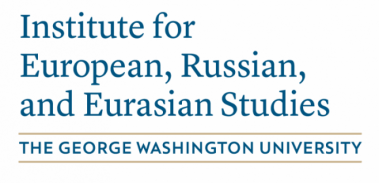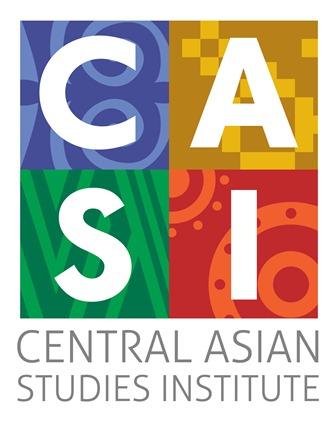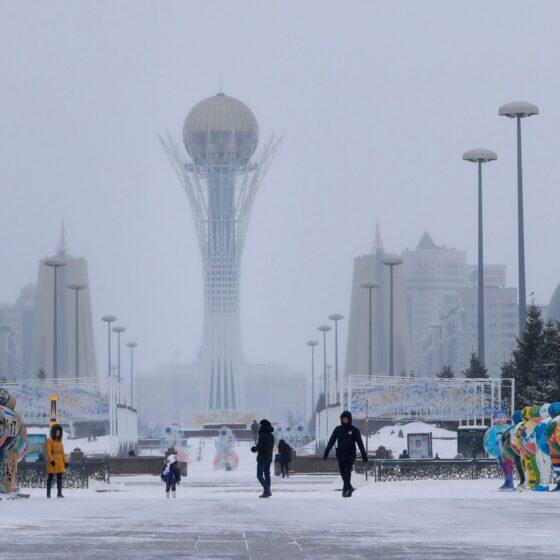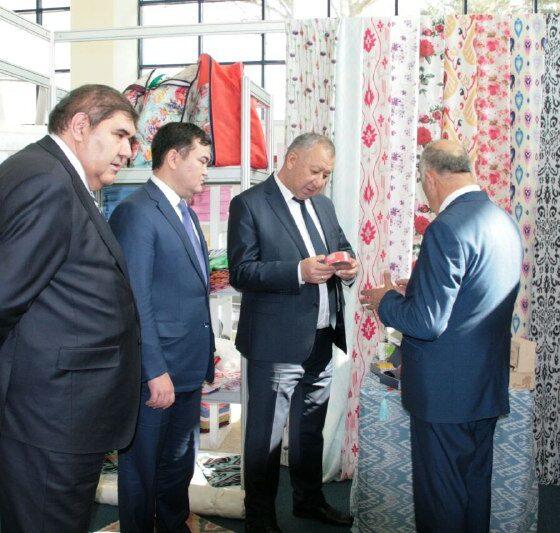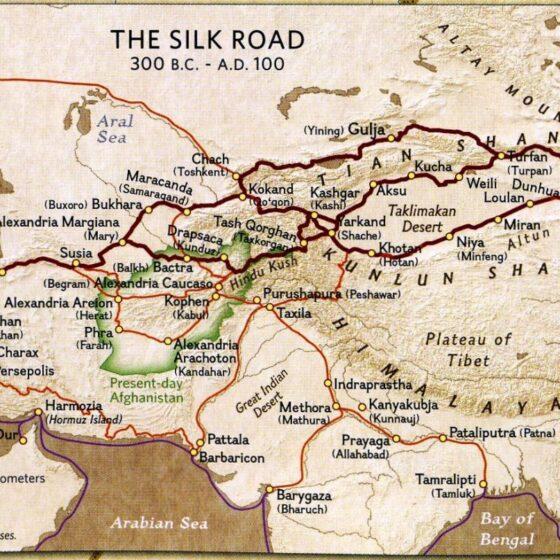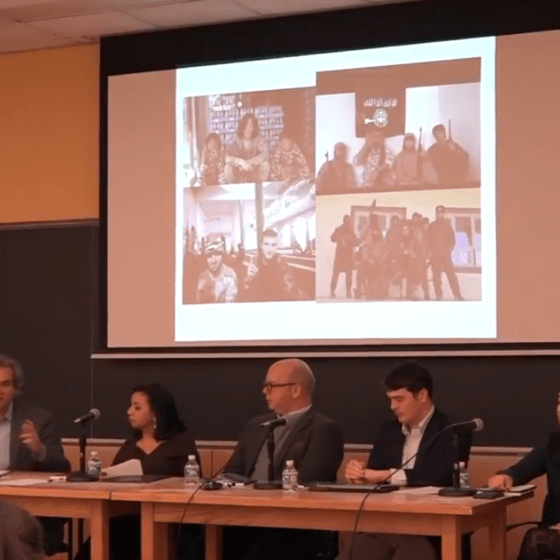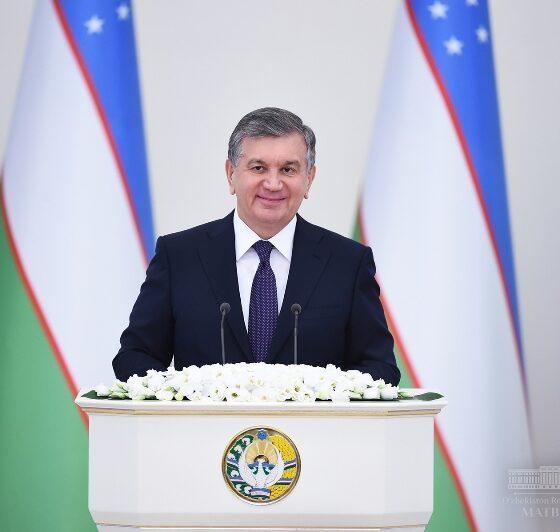CASI RESEARCH SEMINAR:
“No escape from ideology? A comparison of political and moral orientations in the former Soviet periphery”
SPEAKERS:
Philipp Lottholz and Polina Manolova,
University of Birmingham, CASI Visiting Scholars
Date: November 4, 2015
Time: 16:00
Room: 206, AUCA New Campus
Abstract: This paper aims at inquiring how people in the former Soviet periphery make sense of the transformation that they have undergone since the breakdown of Socialism. Drawing on sociological and social psychological perspectives on post-Socialist societies, we develop the concept of the ‘imaginary West’. The latter has, to our mind, fundamentally shaped the way in which people came to understand post-Socialist reforms, democratisation and integration into the global economy. By drawing on fieldwork data from Bulgaria and Kyrgyzstan we will show how the ‘imaginary West’ is a frame of reference through which people identify with Western liberal values, or, on the other hand, adhere to ‘non-Western’ values, which are seen to appreciate tradition and cultural heritage. Both Bulgaria and Kyrgyzstan lie in the periphery of the EU and the former Soviet Union, respectively, with Bulgaria somewhat at the crossroads between allegiance to its old brethren and the newly embraced path of European integration. The empirical picture seems to suggest that people’s ideological and moral orientation is inevitably embedded in the discourses of the old, imperial ‘centres’ and perpetuates the binary of ‘Western vs. non-Western’ values. This moral mapping, if not bifurcation, of the world also espouses ideas that identification and integration with either of the centres is normal, or desirable – whether through migration to the centre or political integration/harmonisation with it. Respondents’ orientations thus also appear to adopt and reproduce, although to differing extents, orientalist and colonial concepts in their (implicit) understandings of modernity and progress. We also, however, identify further moral and political positionings that cannot be fitted into the ‘East-West’ ideological binary. While these certainly provide a way forward in the current debate, it seems questionable whether they develop enough momentum to be framed as viable alternatives.
Bios:
Philipp Lottholz is a PhD candidate at the University of Birmingham, where he acquired a MSc in International Development. After doing research on state-society relations in Kyrgyzstan in the aftermath of the 2010 interethnic violence, his doctoral research inquires statebuilding processes in Kyrgyzstan and whether these are moving towards a post-liberal model of governance. His research interests include peace and conflict studies, political sociology, international political economy, and post-Socialist/post-Soviet studies. He is also a Teaching Associate for the Department of Politics and International Studies (POLSIS) and International Development Department (IDD) at Birmingham.
Polina Manolova is a Doctoral Researcher in the University of Birmingham, UK. Her ethnographical research project investigates the reasons behind Bulgarian migration to the UK. By focusing on the role of the imagination in migration decision-making and the attraction of the image of ‘the West’, as outlined in migrants’ narratives, her research puts the emphasis on non-economic factors determining movement. Polina’s academic interests are in the fields of Migration, Postsocialism, Sociology and Anthropology. She is a Teaching Fellow in Sociology in the University of Birmingham.
To attend, please register at https://goo.gl/9ktLhu
